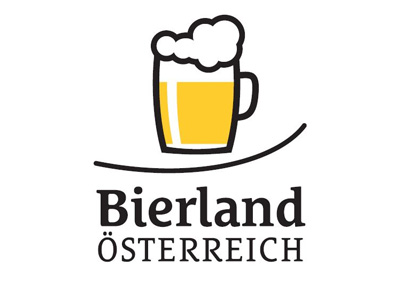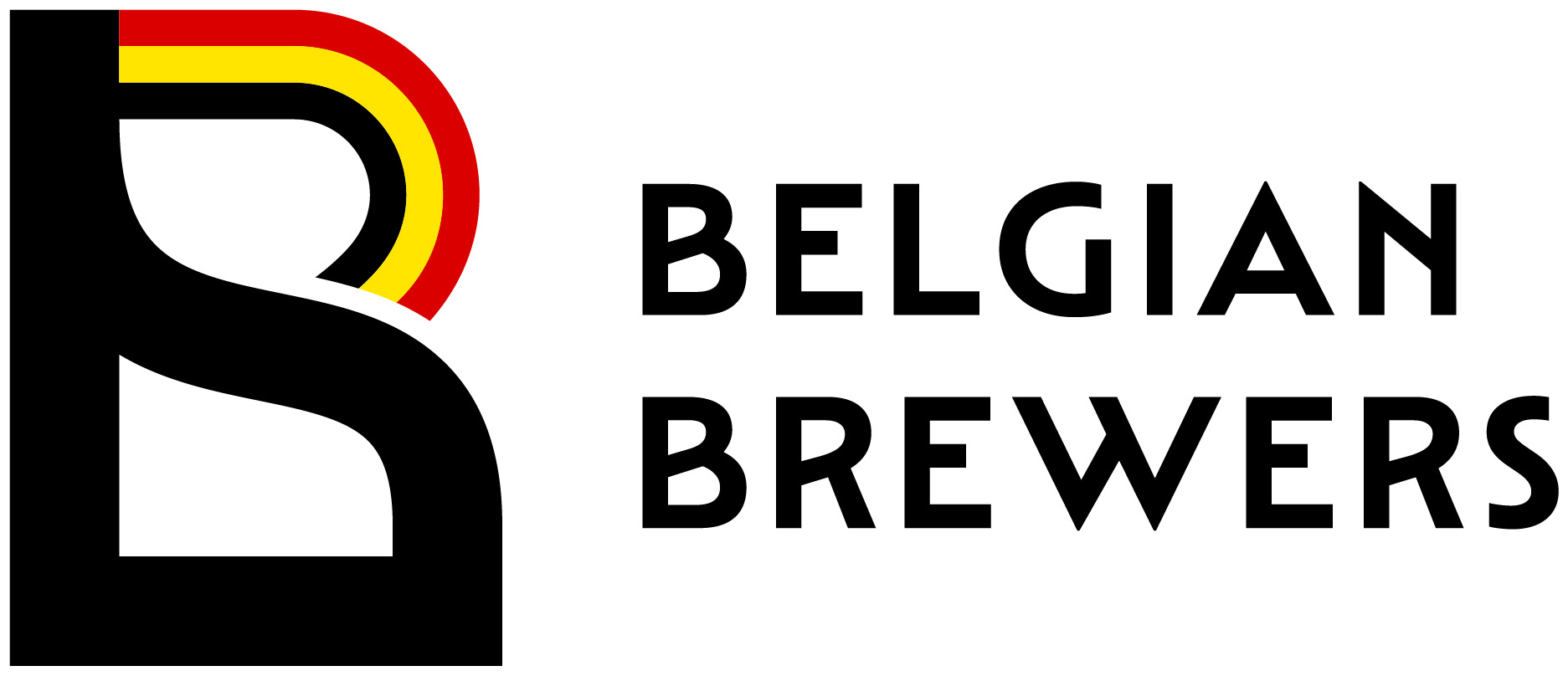
Hospitality report
- advocate
- 30/10/2017
- 4811
- Contribution to the economy
This report provides for an assessment of the economic contribution of the hospitality sector across 31 European countries.
The nature and performance of the European hospitality sector
Key Statistics
Average annual GDP growth rate, 2000 - 2010 (nominal) : 3.2%
Hospitality sector average annual growth rate, 2000 - 2010 (nominal) : 3.3%
Average annual employment growth rate, 2000-2010 : 0.7%
Hospitality sector average annual employment growth rate, 2000 – 2010 : 2.9%
Total economic contribution of hospitality (incl. direct, indirect and induced impacts):
- Output : €1.0tn (8.1% of the total)
- GDP : €460bn (3.7% of the total)
- Employment : 16.6m (7.8% of the total)
- Total tax contribution of hospitality : €125.6bn
- Excise : €10.5bn (8.3% of the total)
- VAT : €69.9bn (55.5% of the total)
- Employment : €45.2bn (36.1% of the total)
For every €1 spent in the hospitality sector, an additional €1.16 is spent in the wider economy.
- The hospitality sector makes a major contribution to the European economy.
- In 2010, the hospitality sector supported approximately 16.6m jobs, or one out of every 13 jobs in Europe. The sector contributed almost €126bn to government treasuries in excise duties, Value Added Tax (VAT) and employment and social security taxes.
- The sector is very responsive to economic conditions, supporting job creation and economic growth in the good times, but also vulnerable to revenue raising policy measures in a downturn.
- With €1.16 additional demand generated in the wider economy for every €1 spent in the sector, supportive policy measures are likely to result in positive outcomes for the economy as a whole.
- These are likely to support not only economic, but social objectives, providing work for young and first time labour market entrants and those returning to the job market.
- Measures adopted in times of austerity, which increase tax rates at a time when disposable incomes are falling, are likely to undermine the ability of the sector to generate growth. The short term response to this is likely to be cost cutting measures, and later, a loss in permanent capacity.
- The underlying drivers of this performance are examined in the analysis in this report, allowing a number of different policy tools to be identified, that influence growth and job creation:
- Driver : Policy levers
- Prices : Standard and reduced rates of Value Added Tax / Hospitality taxes, such as “Bed Taxes”
- Employment costs : Personal income taxes / Social security costs/regulation
- Material costs : Excise duties
- Property costs : Property taxes









